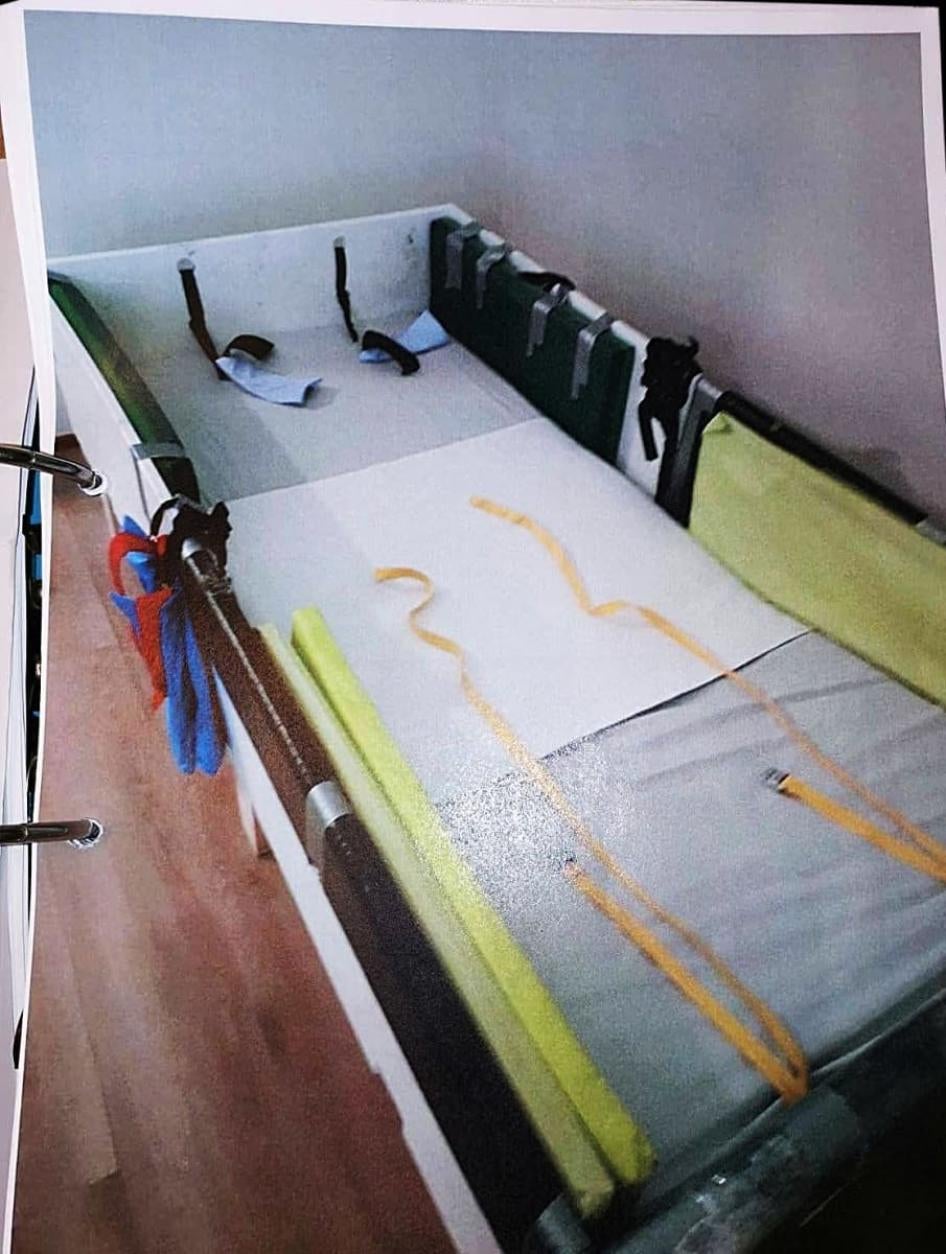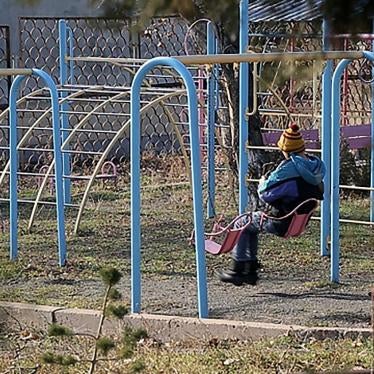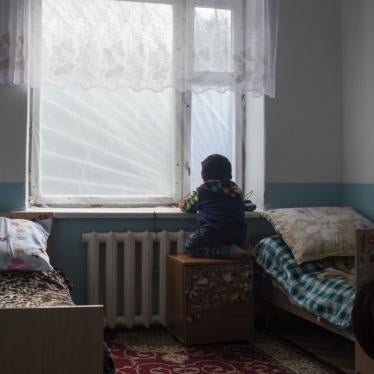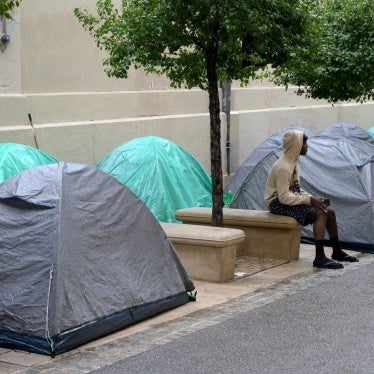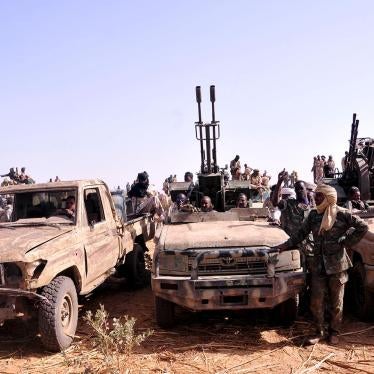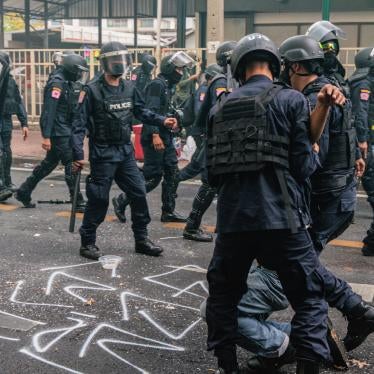Tied to a bed at night, forced to wear a makeshift straitjacket, strapped to a chair with insulation tape and cargo straps for several hours a day. This, for many years, was the daily reality for Noah (pseudonym), a boy with autism living in a privately run care home in Finland.
According to an investigation by Finland’s Yle TV1 MOT program, which recently exposed the case, the facility’s management instructed staff members to tie down the boy to prevent him from hitting his head and hurting himself. Employees at the care home interviewed by MOT said that two staff members hit and physically abused the boy on several occasions.
According to MOT’s sources, over the years staff in the institution reported the abuse to senior management as well as to local authorities. However, the abuses reportedly continued for about five years, and stopped only following a monitoring visit to the facility in 2019. Although the abuse ended two years ago, it was never made public until now.
No child or adult should be treated like that. Yet Human Rights Watch research has found that globally hundreds of thousands of people with real or perceived disabilities have been shackled – chained, tied, or locked in confined spaces – at least once in their lives. Men, women, and children, some as young as 10, have been shackled for weeks, months, and even years, in more than 60 countries across Asia, Africa, Europe, the Middle East, and the Americas. That this inhumane practice persists is often linked to inadequate community-based services, as well as widespread beliefs that stigmatize people with disabilities.
Noah’s case is a devastating reminder that too many people with disabilities continue to be locked up and abused behind the closed doors of institutions, care homes, and psychiatric hospitals around the world. This includes Europe, with similar cases reported in Bulgaria, Russia, and Sweden.
People with disabilities should not be locked away and governments should ban shackling and invest in rights-based community services that support people with disabilities to live independent lives. Governments, including Finland, should also ensure regular, effective monitoring including inspections of all institutions for people with disabilities and take appropriate action against abusive facilities. It’s time to act to ensure no one else goes through what Noah endured.
